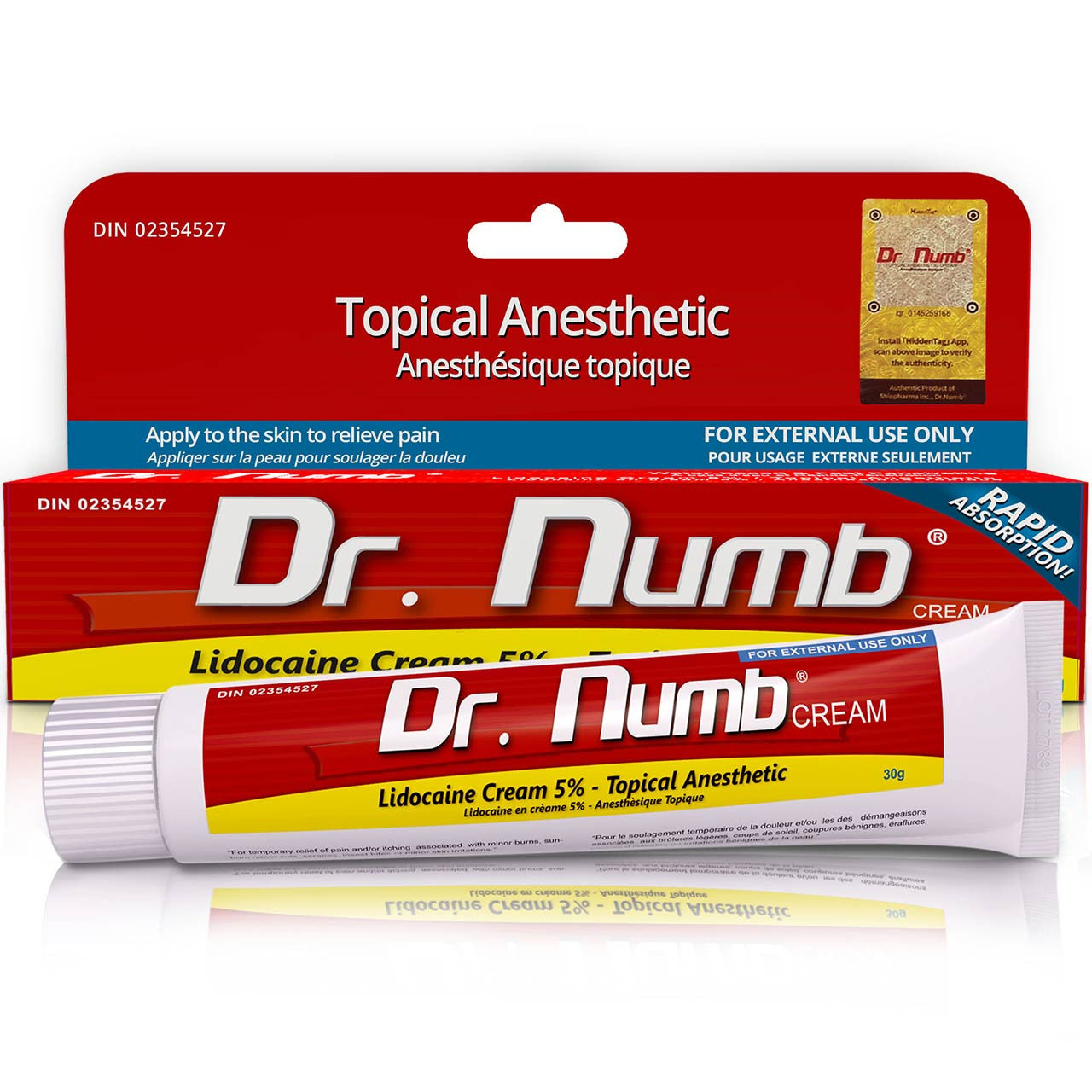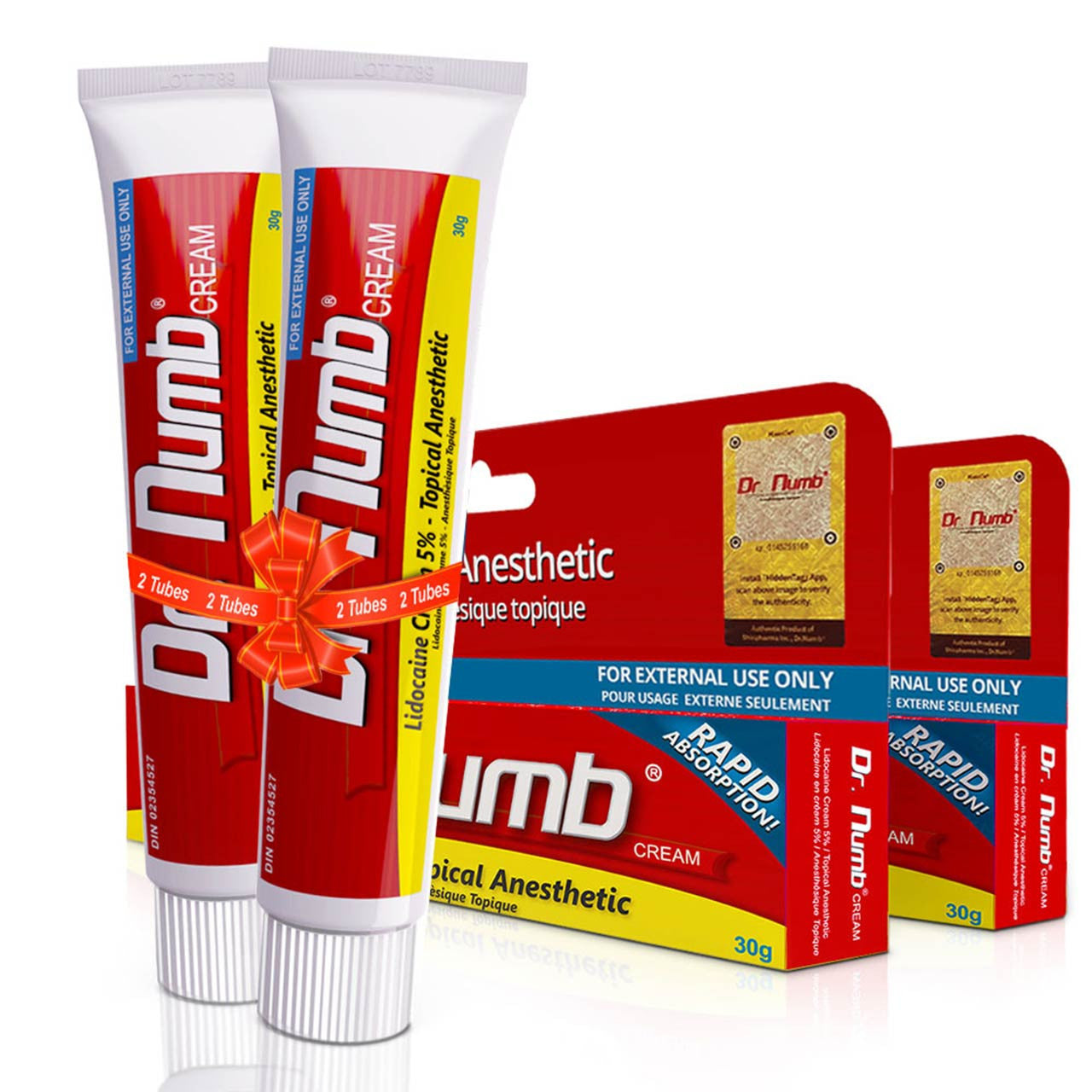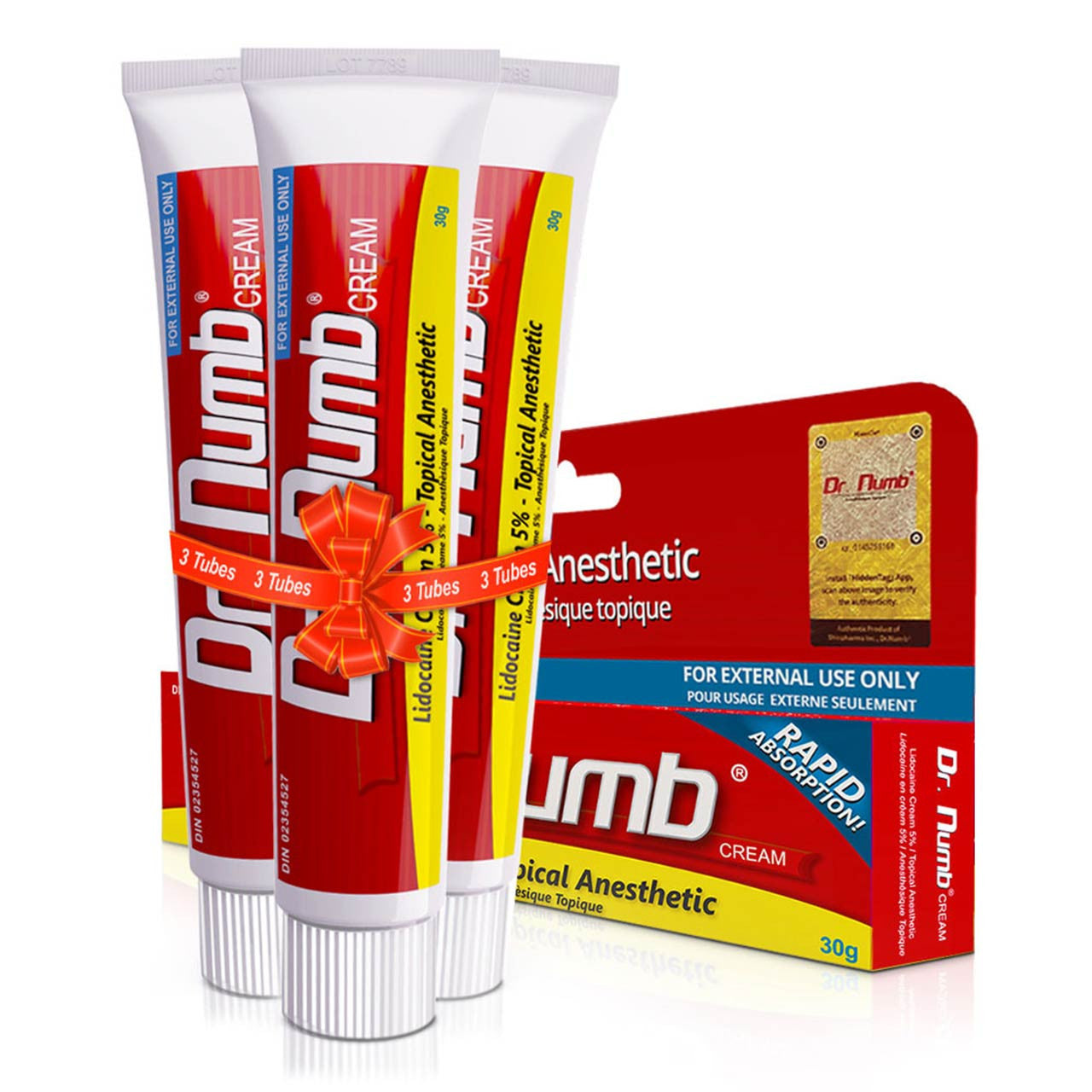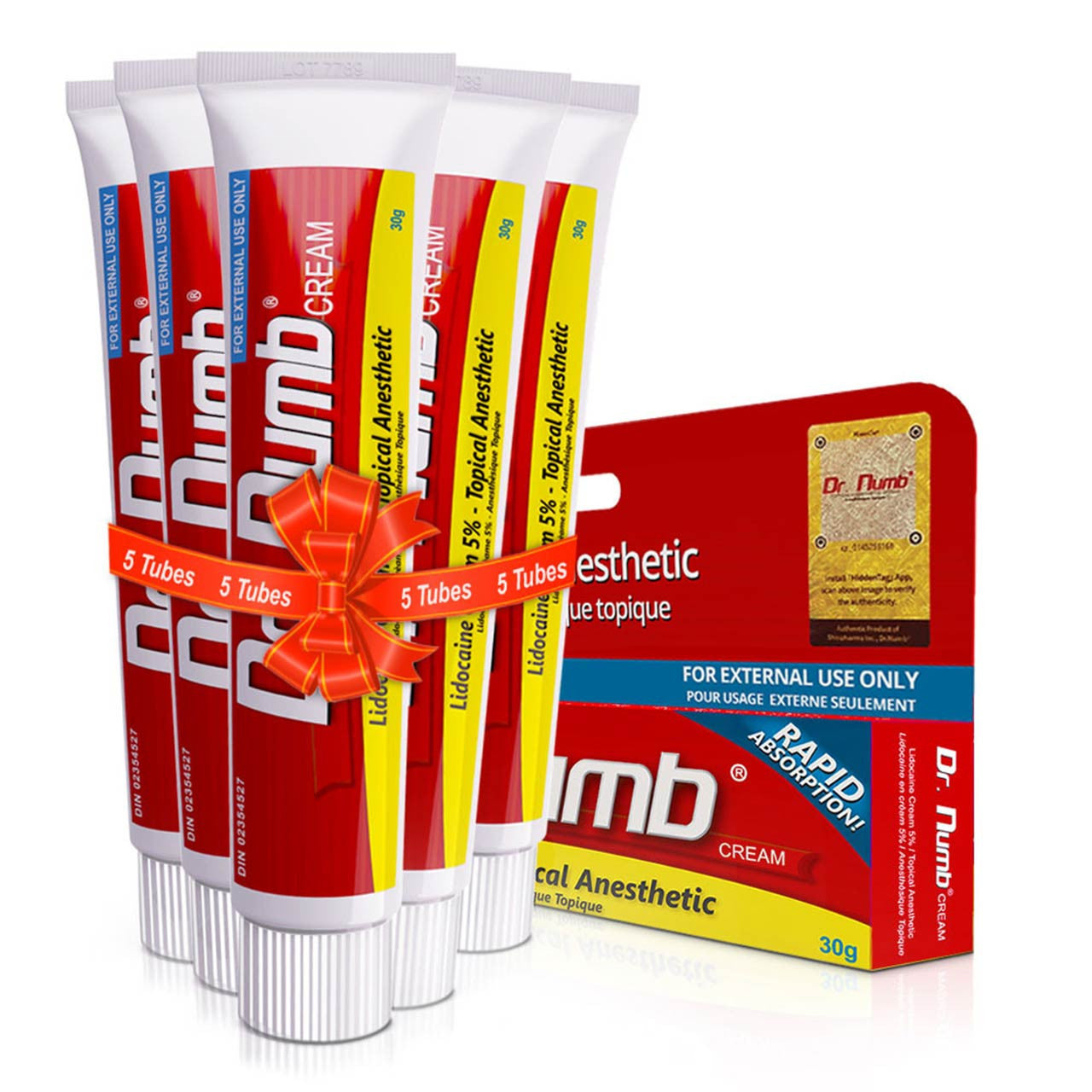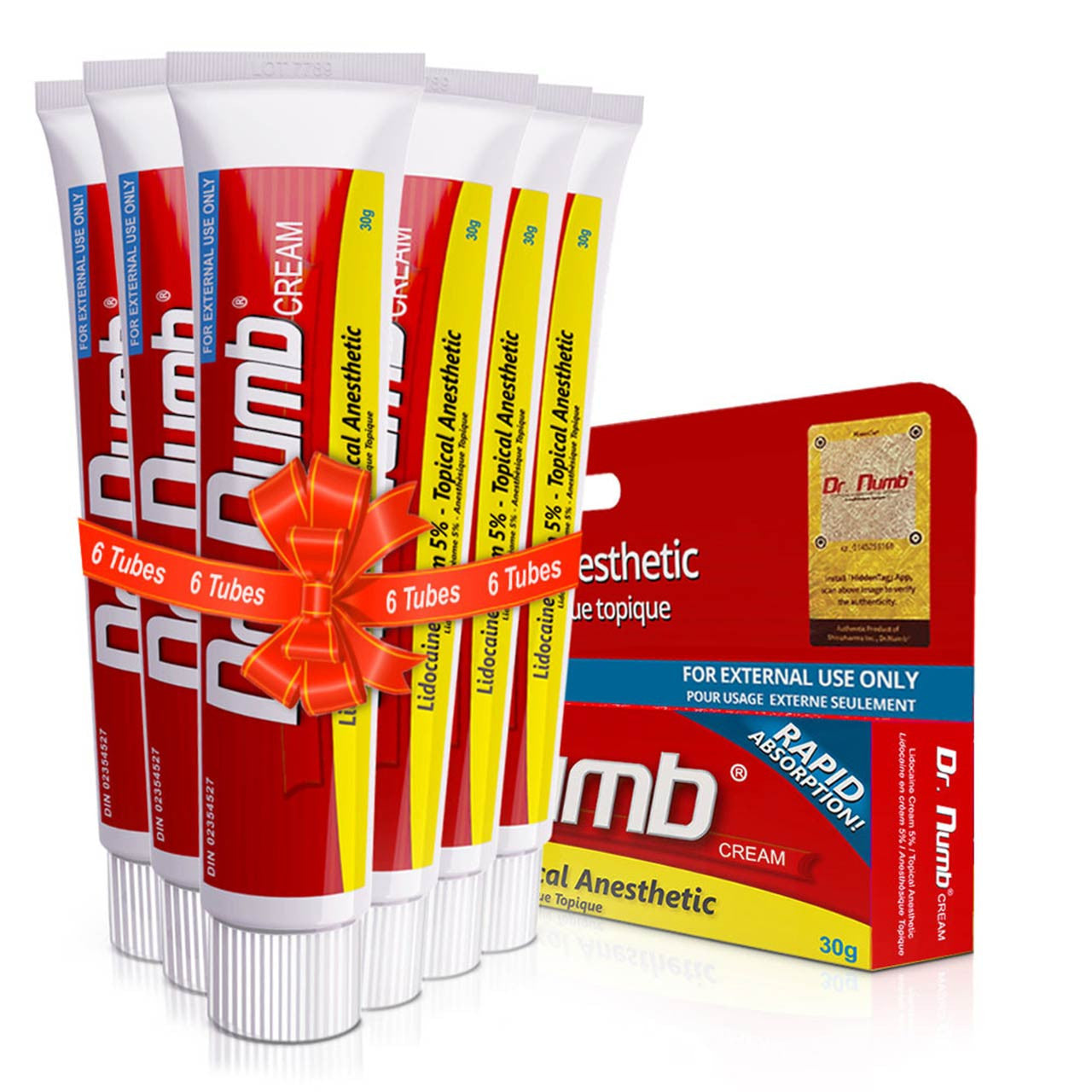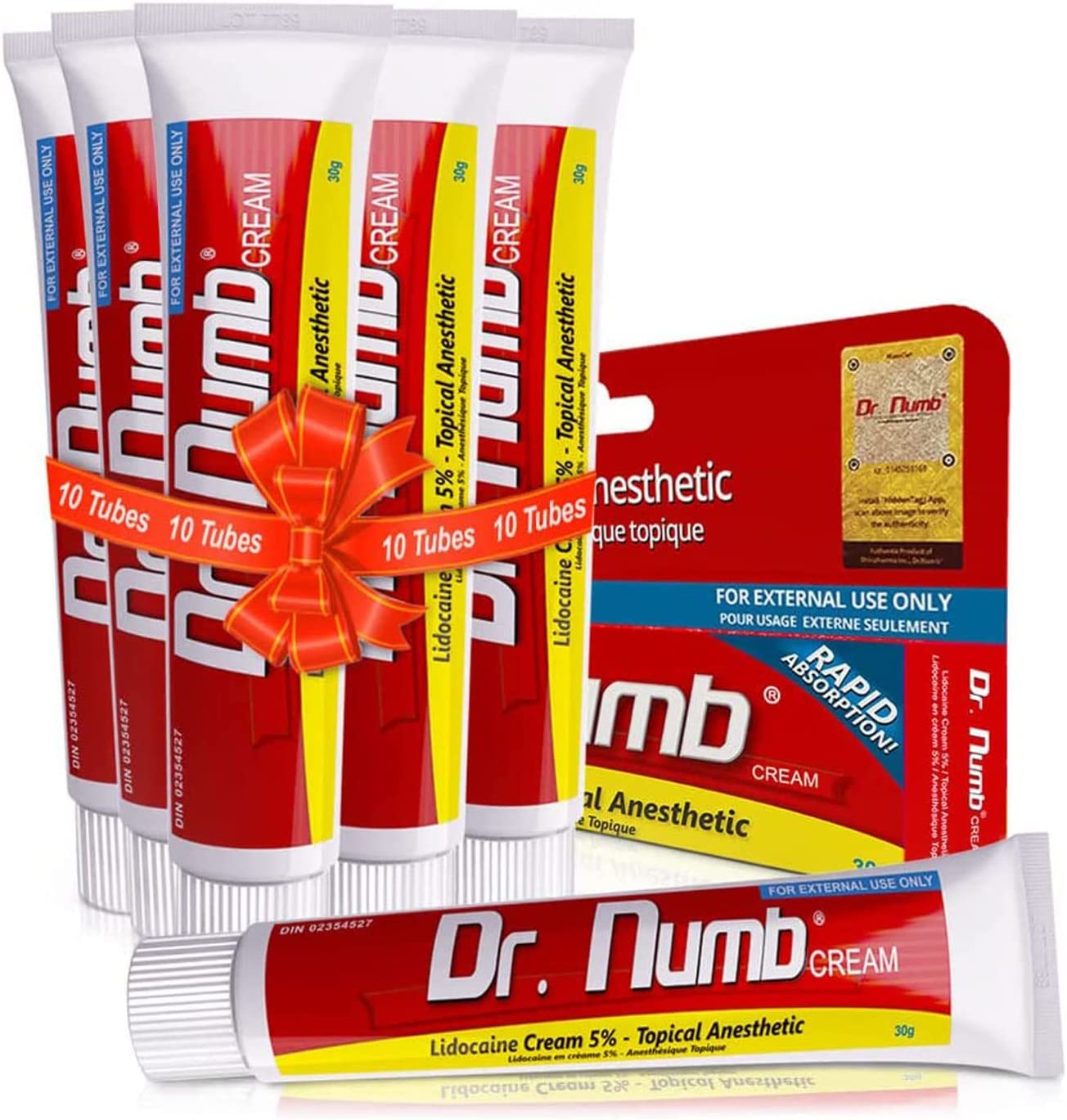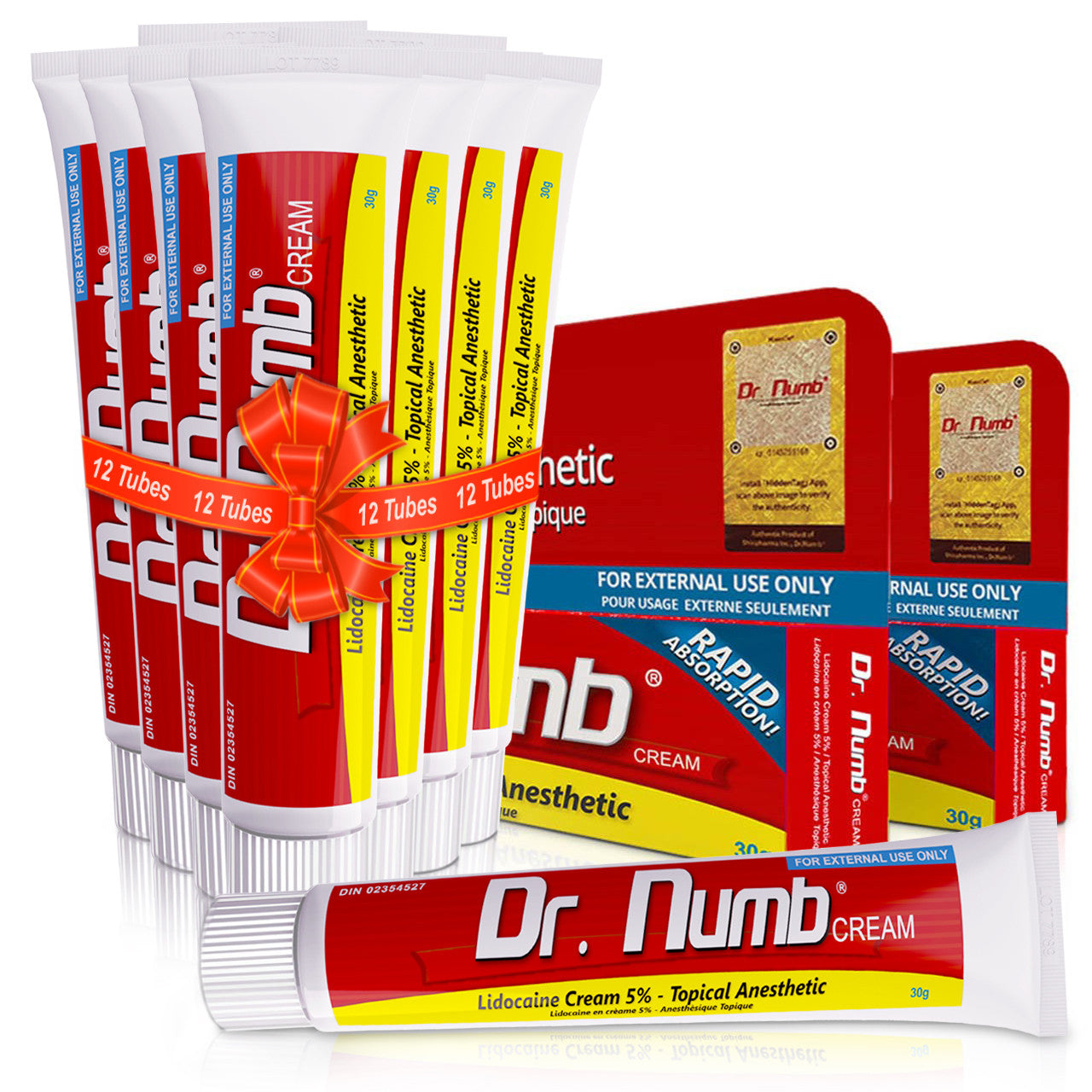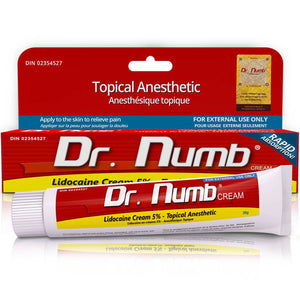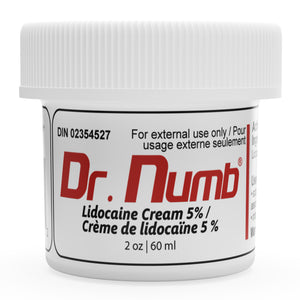Hemorrhoids and ulcerative colitis (UC) are associated with increased risks. Rectal bleeding can lead to blood loss and anemia, as well as infection, inflammation, and complications in diagnosing and treating UC. Hemorrhoids can mask or mimic UC symptoms and interfere with specific tests and procedures.
You can reduce inflammation and itching with creams, suppositories, or enemas when you have ulcerative colitis. Increase your water intake and eat a fiber-rich diet to soften stools. For those who have hemorrhoids and ulcerative colitis, these remedies can help.
In this blog post, we will delve into the causes and symptoms of ulcerative colitis-induced hemorrhoids and how to get immediate relief.
Hemorrhoid Relief During Bowel Movements with Ulcerative Colitis: 6 Tips Lifestyle Modifications

Lifestyle modifications include increasing fiber intake and maintaining hydration to ease discomfort. In addition, medical treatment options, including topical creams, sitz baths, and surgical procedures, are available. Ensuring relief from hemorrhoid pain is imperative in enhancing the ease of bowel movements and overall standard of life for individuals with ulcerative colitis. Here are some lifestyle modifications you should follow:
Adequate Water Intake
Hydration is fundamental to overall health, but hemorrhoids and ulcerative colitis require extra water intake. The water softens the stool and prevents constipation. According to the National Institutes of Health, men should consume 3.7 liters daily, while women should drink 2.7 liters.
High-Fiber Diet
High-fiber diets can effectively reduce hemorrhoids associated with Ulcerative Colitis. Fiber-rich diets lessen the tendency to strain during bowel movements, making Ulcerative Colitis hemorrhoids less likely to aggravate. AHA suggests fiber-rich foods, including whole-grain bread, brown rice, popcorn, carrots, barley, oatmeal, lentils, nuts, and seeds. Daily fiber consumption should be at least 25-30 grams.

Regular Exercise
The significance of exercise in reducing hemorrhoids with Ulcerative Colitis is often overlooked. It helps regulate bowel movements, reduce abdominal pressure, improve circulation, and prevent constipation. Gut health can be enhanced with a 30-minute workout five days a week. Exercise moderately, like swimming, brisk walking, cycling, or jogging.
Avoid Straining During Bowel Movements
A straining motion can further irritate hemorrhoids and increase inflammation, resulting in increased pain and discomfort. Relax your muscles and take your time during bowel movements to avoid straining. Drinking fluids and eating a high-fiber diet will also help soften stools.
Use Cleansing Wipes

Using dry toilet paper can aggravate hemorrhoids with Ulcerative Colitis. Use moistened cleansing wipes or dampened cotton balls to clean the affected area gently. Inflammation and discomfort can be reduced by doing this.
Warm Compresses
Swelling and pain can be eased by applying a warm compress to the affected area. Bathing in warm water or sitting on a warm basin for about 15 minutes several times daily can also relieve pain.
Medical Treatment Options: 5 Methods
Various medical treatments are available to relieve the discomfort of this condition. The most common medical treatments for hemorrhoids are:

Topical Creams and Ointments
Cams and ointments are among the most popular and effective medical treatments for hemorrhoids with Ulcerative Colitis. These products' cooling and soothing properties reduce swelling and inflammation and ease discomfort or pain in the affected area. Hydrocortisone,witch hazel, and lidocaine are common ingredients in these products. Choose a product planned explicitly for hemorrhoids with Ulcerative Colitis and follow the instructions carefully.
Suppositories
Suppositories are another effective method of treating hemorrhoids with Ulcerative Colitis pain relief. Products like these are inserted directly into the rectum and lubricate, reduce inflammation, and promote healing. Suppositories may also contain vasoconstrictors or astringents to reduce swelling and shrink hemorrhoids. Before using suppositories, consult your healthcare provider.
Stool Softeners and Laxatives
A stool softener or laxative is a medication used to relieve constipation and encourage bowel movements. It also helps relieve pain and discomfort in the affected area. More aggressive laxatives can cause cramping and other unpleasant side effects, so choosing a gentle, well-tolerated product is essential.
Surgery

Surgery for Ulcerative Colitis pain relief with hemorrhoids may be recommended when medical treatment options are ineffective. When hemorrhoids become painful, prolapsed, or thrombosed, this often happens. You should discuss surgical options like hemorrhoidectomy or stapled hemorrhoidopexy with your healthcare provider. A hemorrhoid surgery can involve removing the inflamed tissue and surrounding area to prevent future hemorrhoids.
Use Acetaminophen or NSAIDs
Pain relievers such as paracetamol, ibuprofen, and naproxen commonly manage pain during bowel movements. These medications are available over-the-counter and can relieve pain and inflammation. It's important to note that NSAIDs can cause stomach irritation.

Hemorrhoid Pain with Ulcerative Colitis: 3 Copping Techniques
Several coping techniques can help ease the pain and make bowel movements more bearable. We will explore three of the most effective coping techniques for dealing with H hemorrhoid pain during bowel movements: relaxation, distraction, and support groups.
Relaxation Techniques
Relaxation techniques can help ease stress and tension in the body, reducing the pain and discomfort associated with hemorrhoids during bowel movements. Some effective relaxation techniques include:
- Deep breathing exercises: Deep breathing can lower blood pressure and reduce stress.
- Meditation: Paying attention to your breath or a calming image can help you relax and reduce anxiety.
- Yoga: Practicing yoga poses can help relieve tension in the body and reduce pain and discomfort.
Distraction Techniques

It is possible to distract yourself from the pain and discomfort of hemorrhoids during bowel movements. There are many ways to distract yourself, such as:
- Listening to music: Listening to music can make you feel better and distract you from your pain.
- Reading a book: Getting lost in a good book can help shift your focus away from the discomfort of hemorrhoids.
- Watching a movie or TV show: Watching your favorite film can distract you from pain and discomfort.
Support Groups
Connecting with others who are going through a similar experience can provide much-needed emotional support and practical advice. Some avenues for finding support groups include:
- Ulcerative colitis organizations: Joining an organization specializing in ulcerative colitis can help connect you with support groups and resources specific to your condition.
- Online support groups: Many online support groups allow members to share advice and tips with others going through similar experiences.
- In-person support groups: Check with your local hospitals or medical centers to see any in-person support groups in your area.

Conclusion
Ulcerative Colitis and hemorrhoids can be a challenging experience. Still, Hemorrhoid pain relief from Ulcerative Colitis is possible with the proper lifestyle modifications, medical treatment, and preventive measures.
Healthcare providers can assist you in identifying the best Hemorrhoid pain relief strategies for you. Don't suffer in silence. Take action and improve your quality of life.



